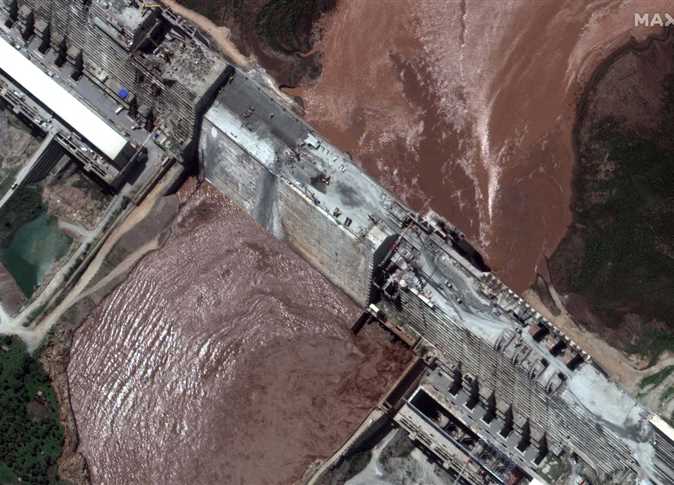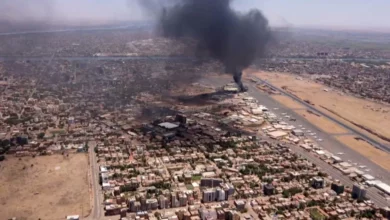
Sudanese Foreign Minister Mariam al-Sadiq called on African leaders and the African Union to put pressure on Ethiopia to reach a binding agreement with Sudan and Egypt on the Grand Ethiopian Renaissance Dam (GERD).
Sadiq said on Friday that a binding agreement between the three parties regarding the dam would open the way for developmental cooperation.
She stressed Sudan’s position on GERD remains firm, and comes in compliance with the Declaration of Principles and all agreements in this regard.
“We called for an expansion to the mechanism (of negotiations) under the chairmanship of the African Union, because we are keen on productive negotiations,” she said.
“We will seek all peaceful means to achieve the interest of Sudan,” she added, emphasizing her country’s eagerness to establish balanced relations with all countries.
Sudan said last month that it will resort to the International Justice Court in the event that Ethiopia carries out its second filling of GERD without reaching a binding agreement with Egypt and Sudan.
Ethiopian Prime Minister Abiy Ahmed announced in April that the second filling of GERD will proceed as planned for July/August.
Egypt and Sudan say they want a legally binding agreement on filling and operating the GERD, while Ethiopia is trying to evade a such an agreement.
The three parties have held several rounds of negotiations over the past decade, but have ultimately failed to reach an agreement.
The construction of the dam, which began in 2011, is considered to be one of Egypt’s most serious water issues.
Egypt, which relies considerably on freshwater from the Nile, has voiced fears that the GERD would negatively impact the country’s water supply, and has insisted that measures be put in place to protect downstream countries in case of drought during the dam’s filling process.
Ethiopia, on the other hand, has stressed the importance of the project to bolster its economy, where more than half of the population currently lives without access to electricity.




